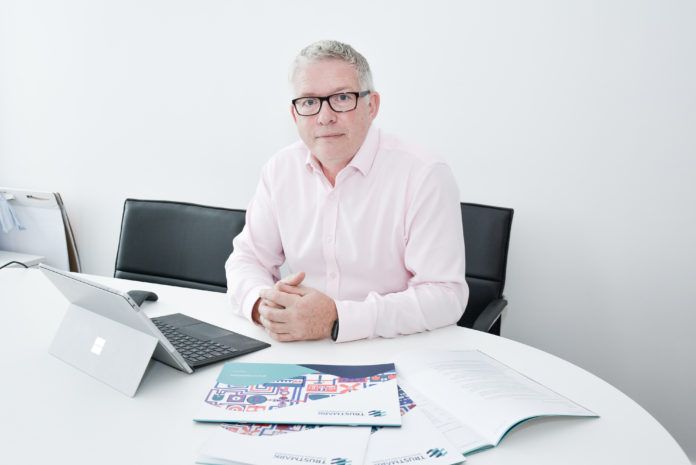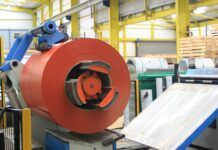Improving the energy efficiency and reducing the carbon emissions of our nation’s homes is one of the major ways to hit the government’s target of being carbon neutral by 2050, warns Simon Ayers, chief executive officer of TrustMark.
Simon says the changes made to people’s homes, such as improving insulation and heating systems, have an integral role in how the UK is to reduce its carbon output.
His comments came during Energy Saving Week, a national campaign which runs from January 20-26, and aims to help people cut their energy bills and get the financial support they are entitled to.
“The ever-growing awareness and concern over climate change is a welcome one and the action to reduce plastic and bring pollution levels down are common place discussions around the dinner table,” said Simon. “However, worryingly we are not thinking about the reduction of carbon in the same way and the damage that society is allowing to happen to the environment continues.
“Our housing stock generates a large percentage of our overall carbon output and every small action we take, as occupiers of homes, can build to deliver a major impact. Even turning down the heating by one degree, will make a difference.”
Simon continued: “Around 80% of homes we will be using in 2050 are already standing, so the main focus should be on improving the ones we have through retrofitting. To put this into a recognisable number, to make a positive impact, we need to be improving about 17,000 homes per week starting now, to hit the government’s target.
“It’s a massive undertaking but one that needs to happen – housing efficiency is one of the major ways to reduce carbon and give us the best possible chance of meeting targets to help us reduce fuel poverty and make healthier homes.”
The demand for retrofitting works will only increase and the construction industry needs to be prepared, Simon warns.
“The drive to become more carbon neutral at home will drive new marketplaces worth billions of pounds per year and we need the supply chains for the delivery of these projects to grow and build their capability, no mean task when we have a recognised shortage of skilled trades and technicians to deliver both the existing and new technologies as they come to the market,” he said.
Simon added: “New technologies are being developed to support how we measure and deliver carbon reductions and new specifications have been implemented to encourage us to look at the whole house and develop a journey for the property to go on. Tradespeople need to be up to date on these specifications and as an industry, work together, adapt, raise our standards and show consumers we can keep up with the rate of change the market will require.”




